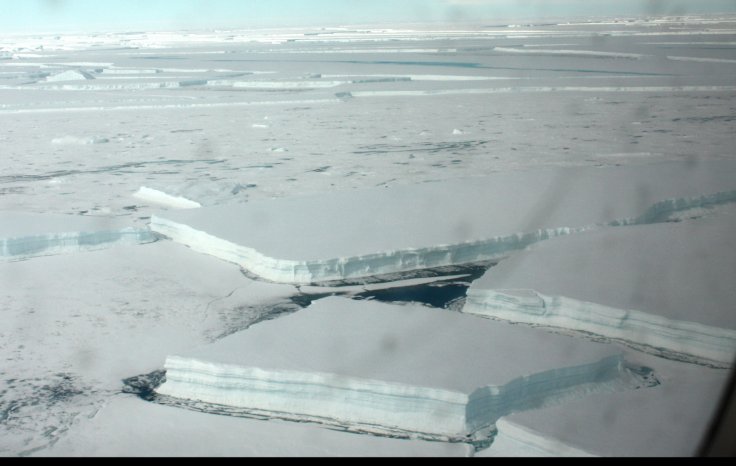
A research team led by British Antarctic Survey (BAS) is all set to explore the 120,000-year-old seabed ecosystem which was recently exposed after a giant iceberg broke away from the Antarctic peninsula. According to experts, the ecosystem covers almost 6,000 sq km, or four times the size of London and the organization has also released the recent pictures of it.
The BAS consider this exploration an urgent one which should be carried out within the next few days. Experts in BAS believe that this ecosystem is suspectable to change as it is getting exposed to sunlight for the first time after thousands of years.
An International team of researchers on board the ship, RSS James Clarke Ross will carry out the expedition in this mysterious ecosystem. The research team is expected to spend more than three weeks in the Antarctic Peninsula collecting seafloor animals, plankton, microbes and water samples.
Dr Katrin Linse, a British Antarctic Survey marine biologist who is leading the mission said that researching this iceberg named 'A68' will shed the light to hidden marine life forms, and the way in which it responds to dramatic environmental changes.
"It's important we get there quickly before the undersea environment changes as sunlight enters the water and new species begin to colonize. We've put together a team with a wide range of scientific skills so that we can collect as much information as possible in a short time. It's very exciting," said Katrin Linse.
During the study, researchers will make use of video cameras and special underwater sledges to get a picture of life under the ice shelf. Scientists will also monitor the changes which will happen to the ecosystem over time.
"The calving of A68 offers a new and unprecedented opportunity to establish an interdisciplinary scientific research programme in this climate-sensitive region. Now is the time to address fundamental questions about the sustainability of polar continental shelves under climate change," said Prof David Vaughan, science director at the BAS, BBC reports.
The ice-covered Antarctic continent is the largest single mass of ice on Earth, spanning over 5.4 million square miles with 6,400,000 cubic miles of ice.









